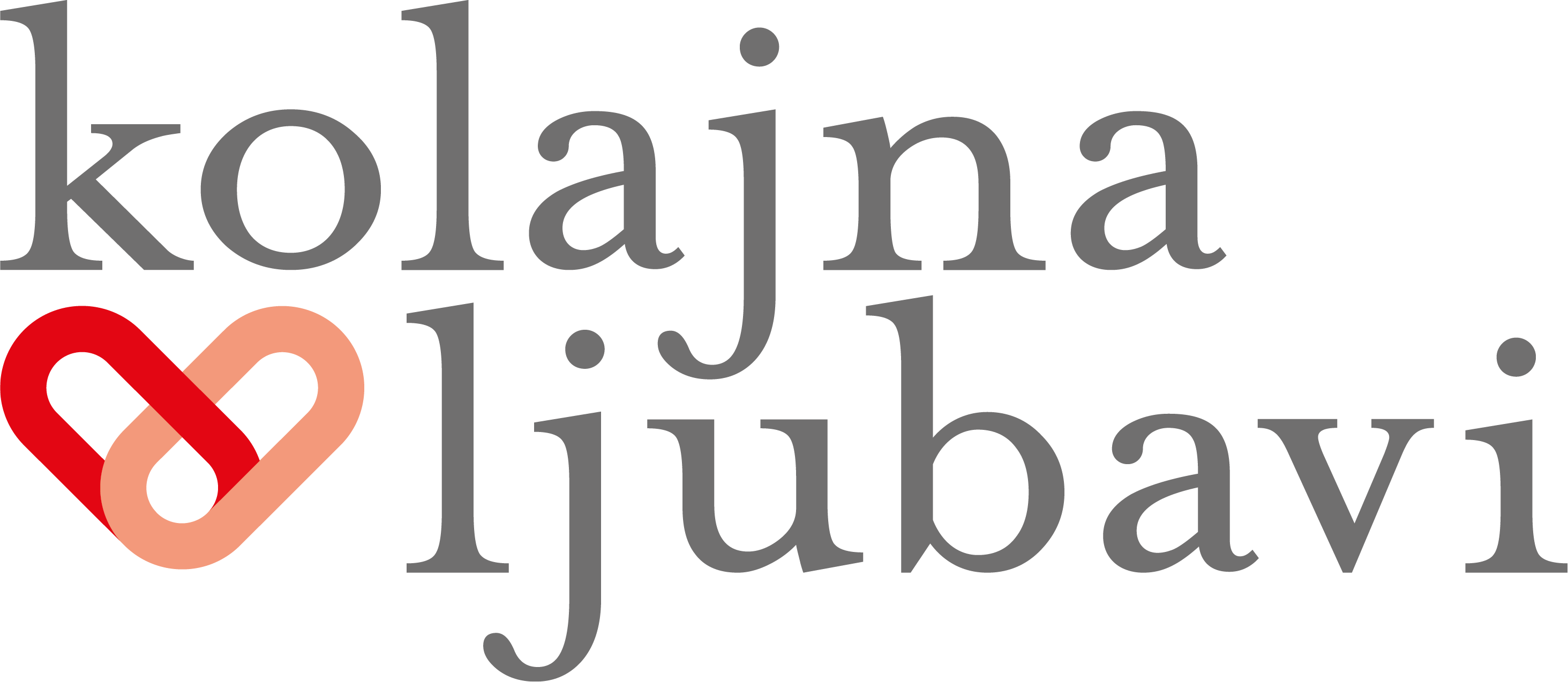
Sep 20, 2024
Path to unknown
Sep 20, 2024
Path to unknown
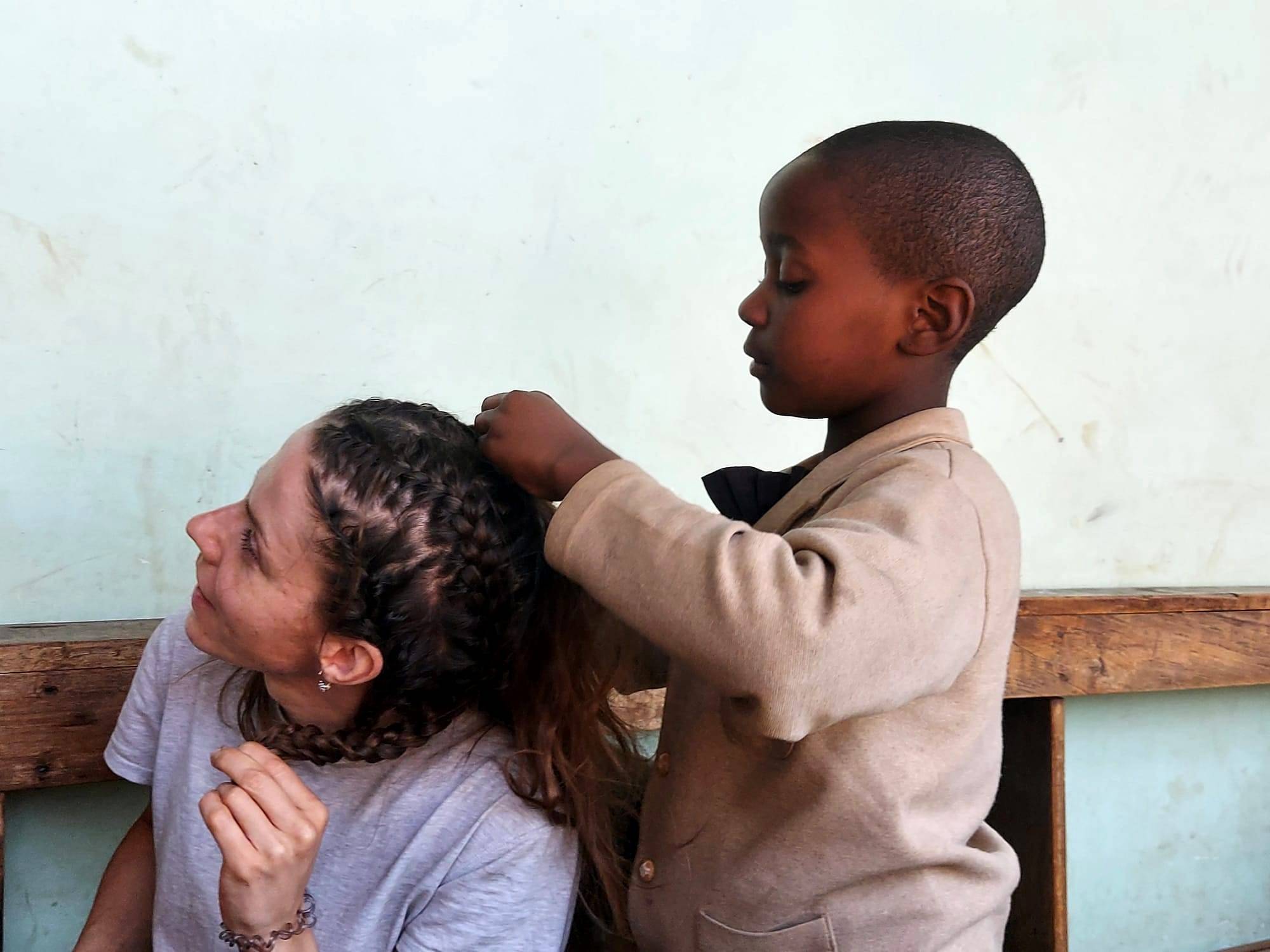
I titled my diary like this when, now more than a year ago, I decided to quit my job in Germany, return to Croatia, and made the most important decision at that moment, which was to go to Africa for volunteering. The initial decision was that I would go exclusively through a Croatian organization, and that’s when I found 'Kolajna Ljubavi,' an organization founded based on personal experience from a stay in distant Tanzania. I signed up for a course that may seem too demanding at first, but after a two-month stay at an orphanage in Tanzania, I can say it was absolutely necessary, especially for what awaited us at the orphanage.
In September, online classes began to better prepare us for the adventure that lay ahead, followed by mandatory psychological testing, volunteering, and a volunteer action. Due to my specific situation living in Germany, I gathered my volunteer hours partially in homes in Zagreb, but mostly at the "Neven" day center for people with special needs in Đakovo. After fulfilling all the necessary conditions, I planned to leave for Tanzania on July 14th. The flight was with Turkish Airlines, which the association itself recommends, and after both flights, a friend of the association, Kilo, met me in Dar es Salaam and took me to the bus to Songea. The bus is a special experience in itself, and although you probably won’t feel the need to repeat that experience in the next few months, solely because of the duration, it’s still something unforgettable, especially being the only white person on a full bus. That's where you start to become aware that you are now in the minority and get used to the word Mzungu (foreigner).
Then you arrive in Songea, at St. Anthony's orphanage, a place that, after just a few days, you unconsciously start calling home, and you quickly get used to Songea. When I arrived at the orphanage, there were already four volunteers there, so I had 48 new people to meet. The children's names seemed like the hardest thing I would have to remember at first, but after two weeks of constant interaction, they started to stick. The younger children accepted me within the first few days, while it took the older ones a little longer, but generally, they are very open, curious, and most importantly, playful. What particularly impressed me was their resourcefulness and ability to handle all kinds of household chores on their own. My opinion of children's capabilities completely changed. After school, the children wash their clothes first, in the evening they water the garden, and almost everyone participates. Being part of that process was important to me, partly because of the help and partly because of the sense of belonging. After watering the garden, dinner follows. Dinner was something I didn’t like to miss because it’s not the same dining with five people as with 45. A saying that often came to mind then was 'where the family isn't angry, the house isn't cramped.' The fully packed tables, long prayers of gratitude for the food, lots of laughter, and Matron’s occasional reprimands when we went overboard, rounded off the day.
The children have their own work system, so after dinner, those assigned for the day clean and tidy the tables, and in the same room, equally important study time follows. When it comes to studying, they have certain learning methods for specific subjects, so I focused on math, which is the same everywhere, and helped with other things I knew. The mere presence of volunteers encourages them to study, and we spend quality time together. One of the main volunteer tasks is handling sponsorships, which is done from Monday to Friday based on mutual agreement, and the workload decreases as September approaches. Although perhaps the least exciting part of the day for us volunteers, when you realize the noble purpose behind the project, it becomes somewhat easier to complete.
My days mostly consisted of playing football, helping the children water the garden, peeling potatoes on weekends, and simply spending time together. We loved the weekends. That was when most of the children were at home, or at least on Sundays, when we were all together, so we would come up with games, watch movies or cartoons, and some volunteers would teach them how to make fritters. Sunday was truly a special day in the orphanage in every way. With the other volunteers, I tried to make sure they had some sort of dessert every Sunday after dinner, whether homemade or store-bought. Sunday Mass was also an integral part of the day, for which we would start preparing right after lunch. Mass with about 20 children was something special, and you’d always have at least one of the youngest asleep in your lap.
As everywhere, there were beautiful and less pleasant moments, such as children getting sick or injured, but all of that is normal when there are so many people in one place. Even in those situations, we would make laughter and fun, so when I applied eye drops, I always had an assistant who took it very seriously to make sure the child wouldn’t close their eyes while we put in the drops. Going to the doctor was always interesting, and since the clinic wasn’t far from the orphanage, a few children would always come along for moral support. So treating scabies, eye infections, and the like was never more fun, and some children were so responsible that they would wake me up before school if I forgot we needed to put in the drops or take medicine.
Before I came to the orphanage, I imagined how I would best contribute to the orphanage and the children, but all that fell by the wayside, and I simply followed my instincts and their feedback and just enjoyed being with them. Of course, this volunteering is not the same as spending a few hours a day at an orphanage in Croatia, but the fact that you're in Africa and with children gives you the motivation for every day. My personal problem, since I have celiac disease, was the food. The food at the orphanage wasn’t an option for me, so I had to find an alternative. Very quickly, the people in the town accepted us, and they are generally very willing to help, so after two weeks in Songea, I already had a man who supplied us with shoelaces and sewing supplies, and eventually, we found a man from Yemen who ran a grocery store. That’s where my food problems ended, and I’m really grateful for people’s kindness in such situations.
Honestly, I believe that the experiences that are somewhat challenging and difficult are exactly the ones that shape us as people, so I’m sure this is the best experience I’ve had in my life, and I am most grateful to God for sending me to Songea. When I returned home, it felt like I was coming back after a year, even though it all passed like two weeks. Through the whole process, I got to know myself, my resourcefulness, and most importantly, I opened the door to another world. I think it’s almost impossible to go volunteer only once because my friends, who are now in Tanzania, are waiting for me to return, and I’m looking forward to being a part of their growing up again.
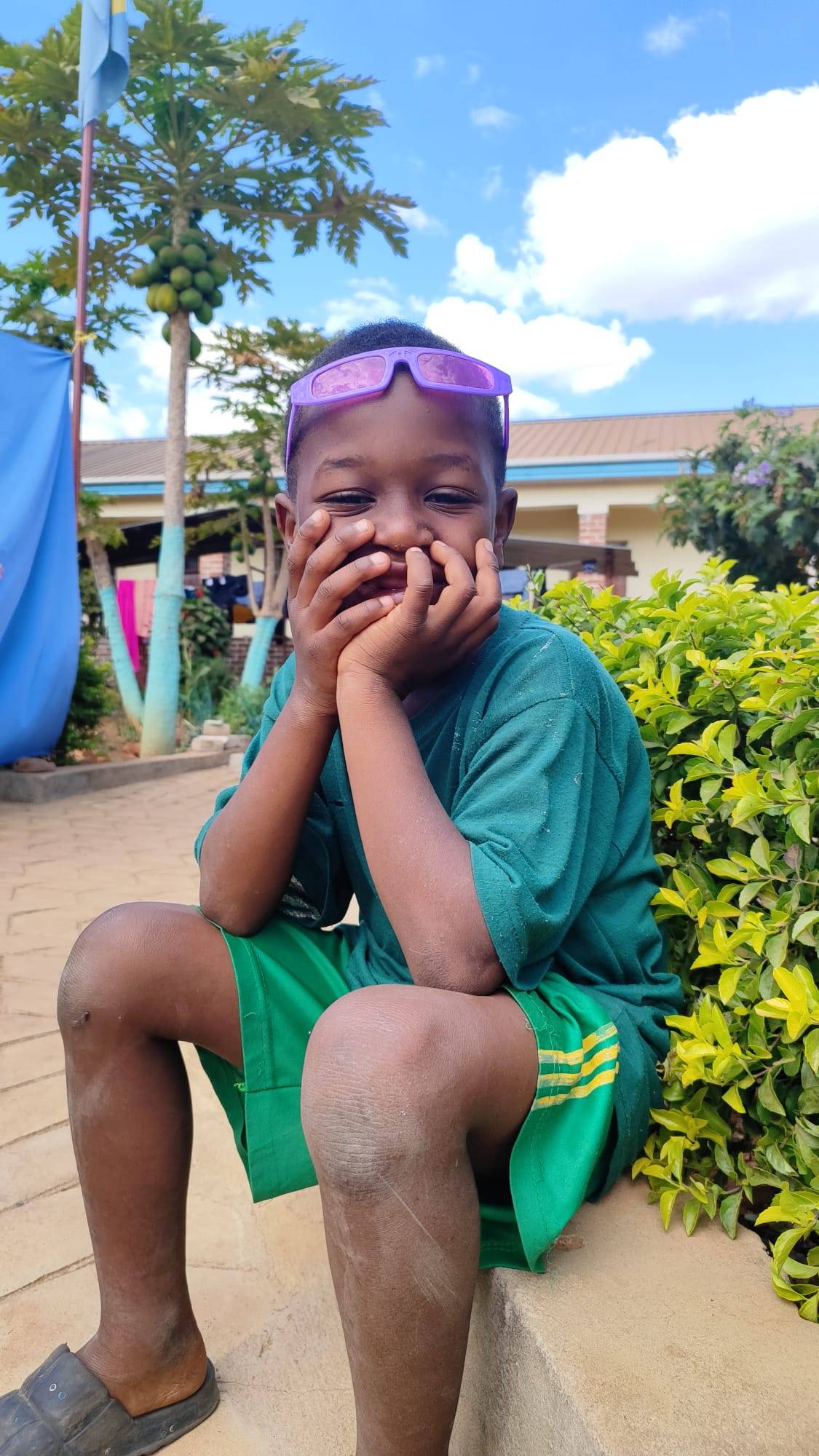
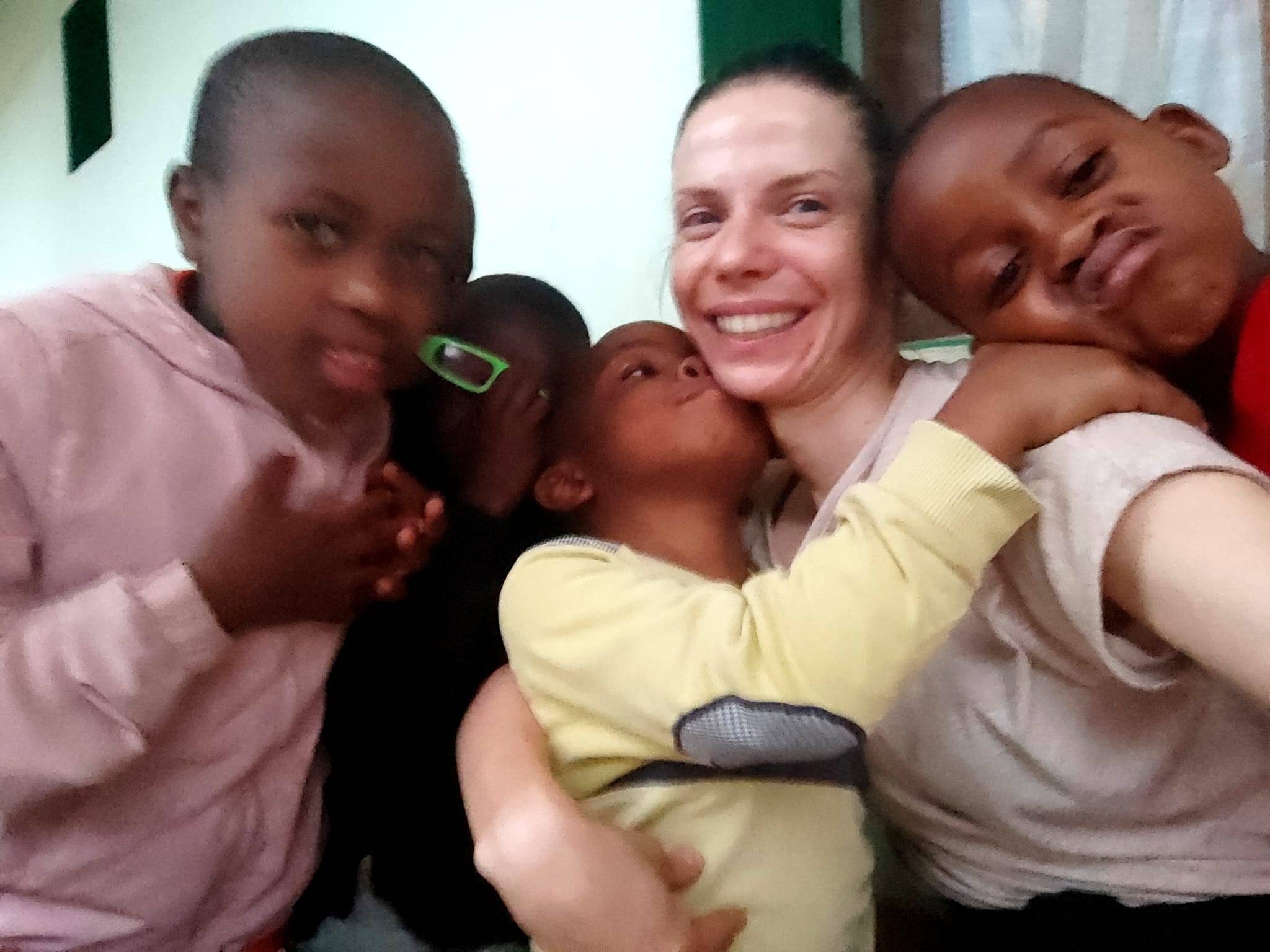
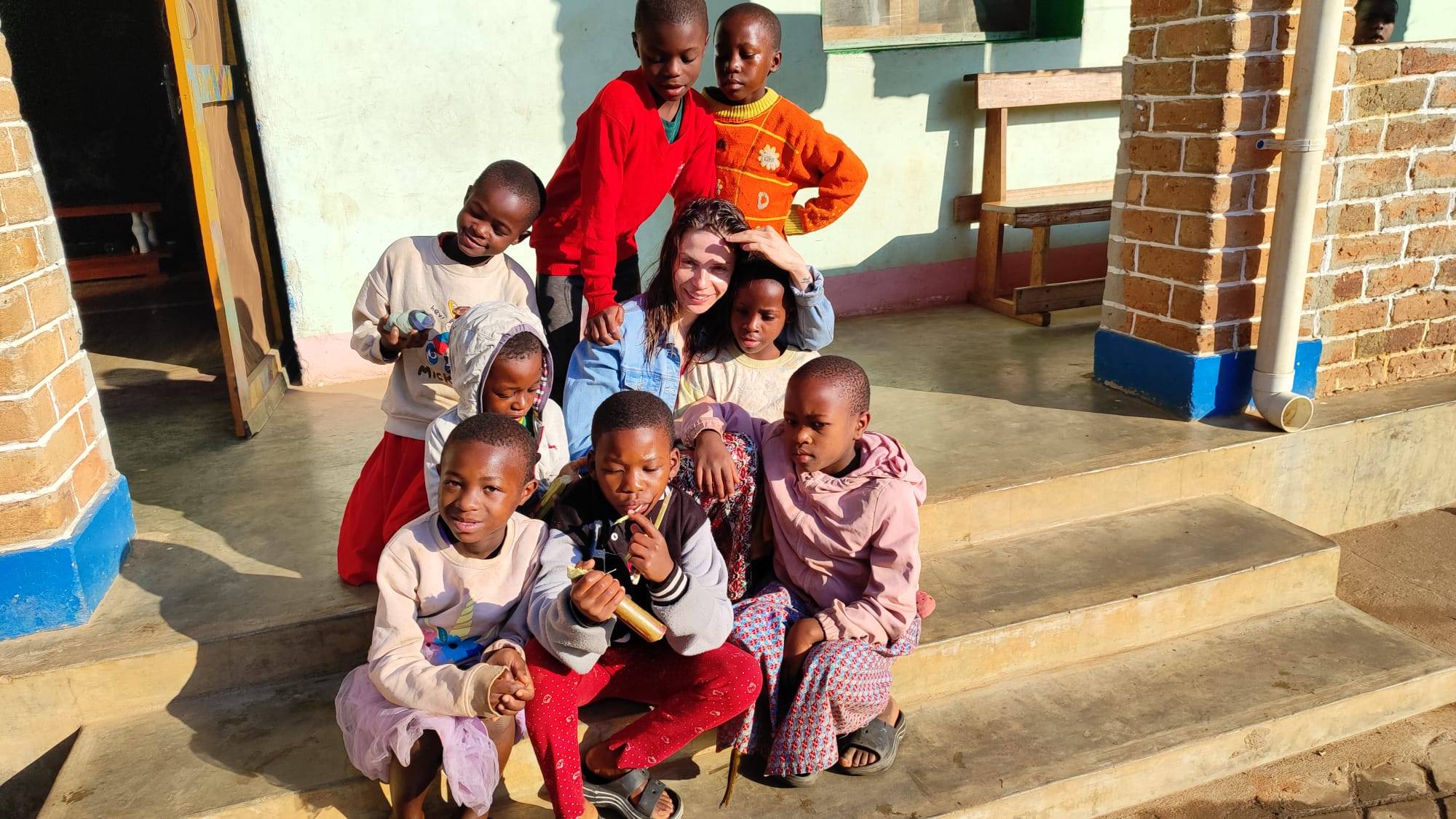
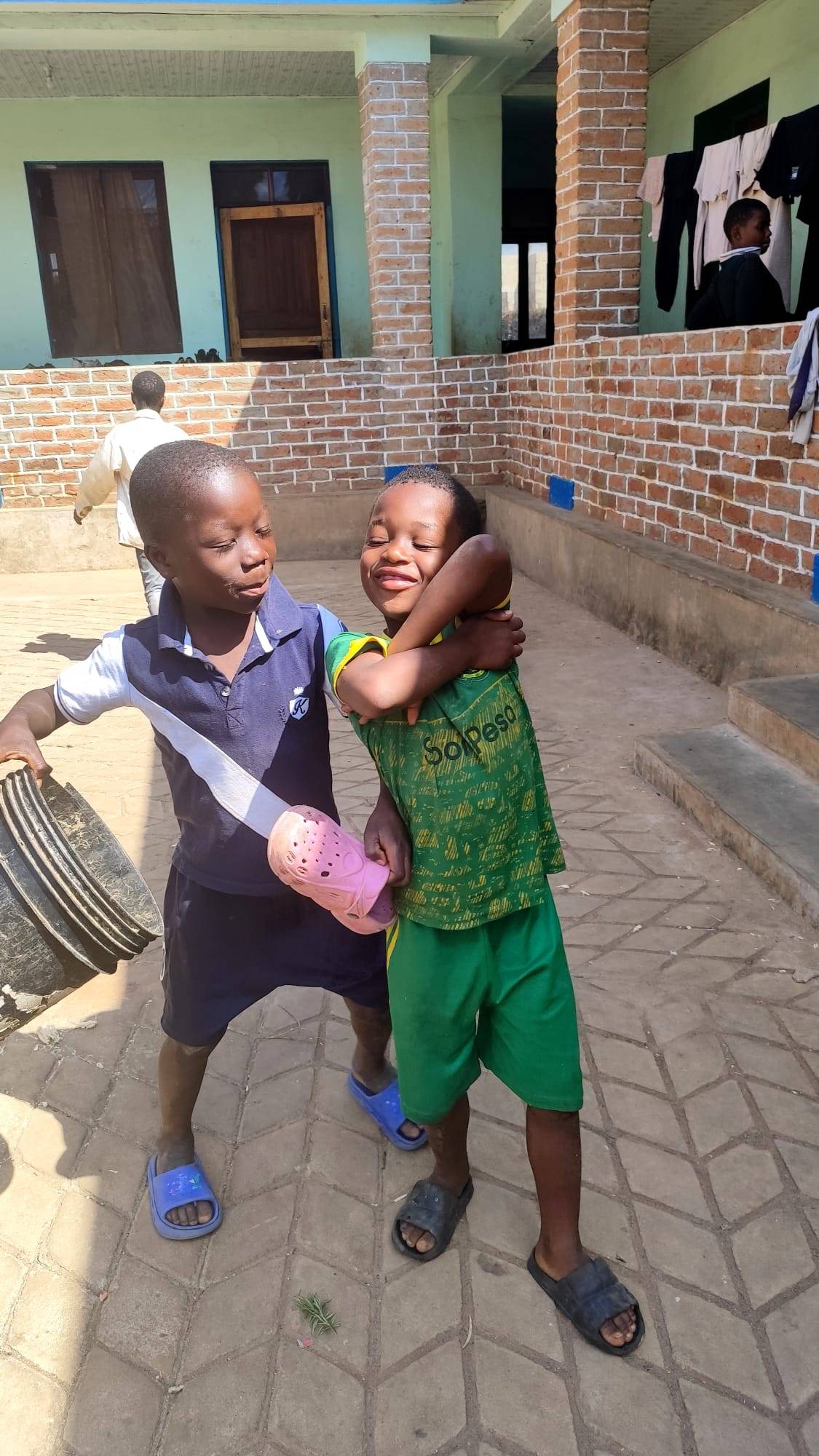
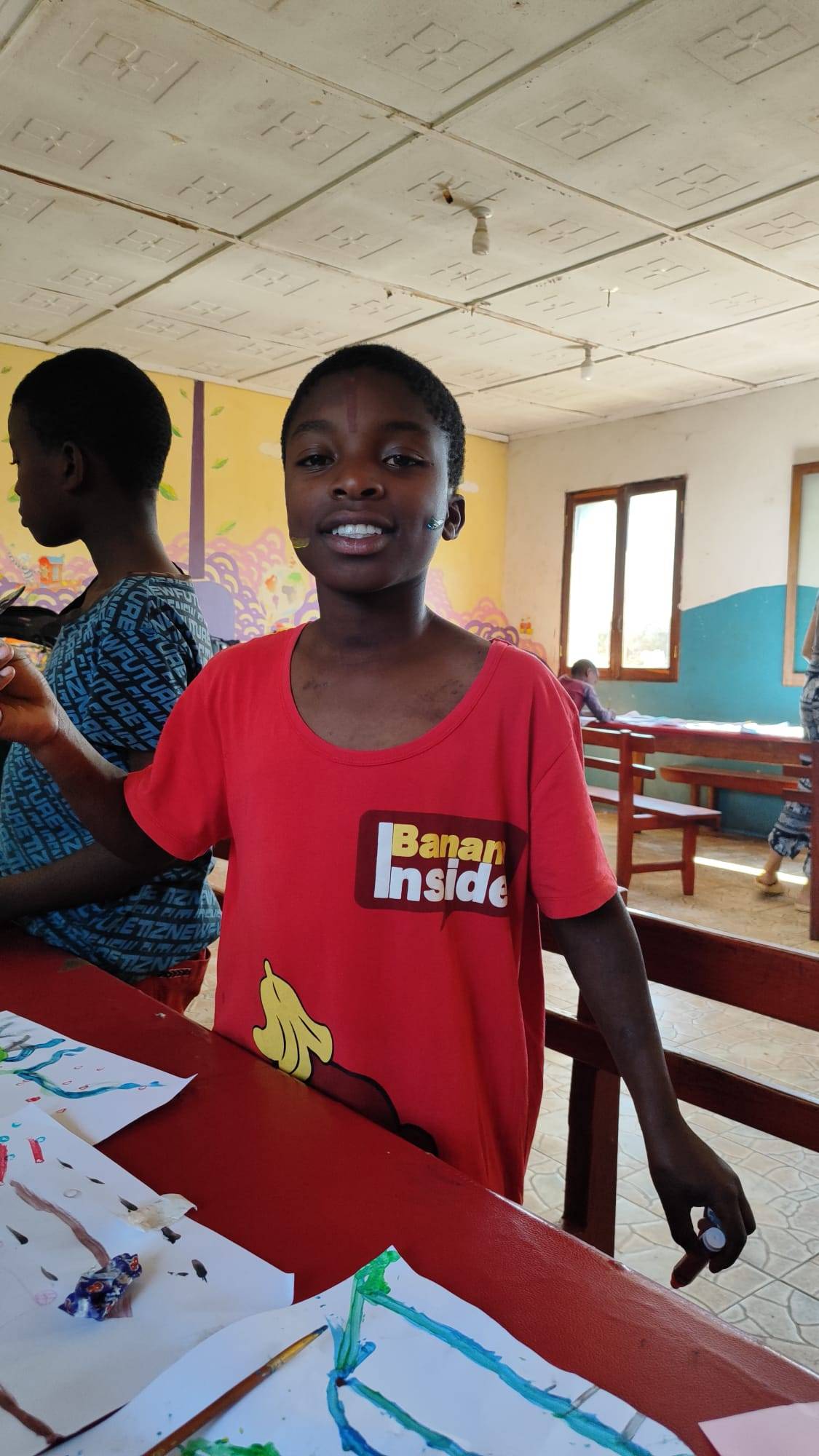
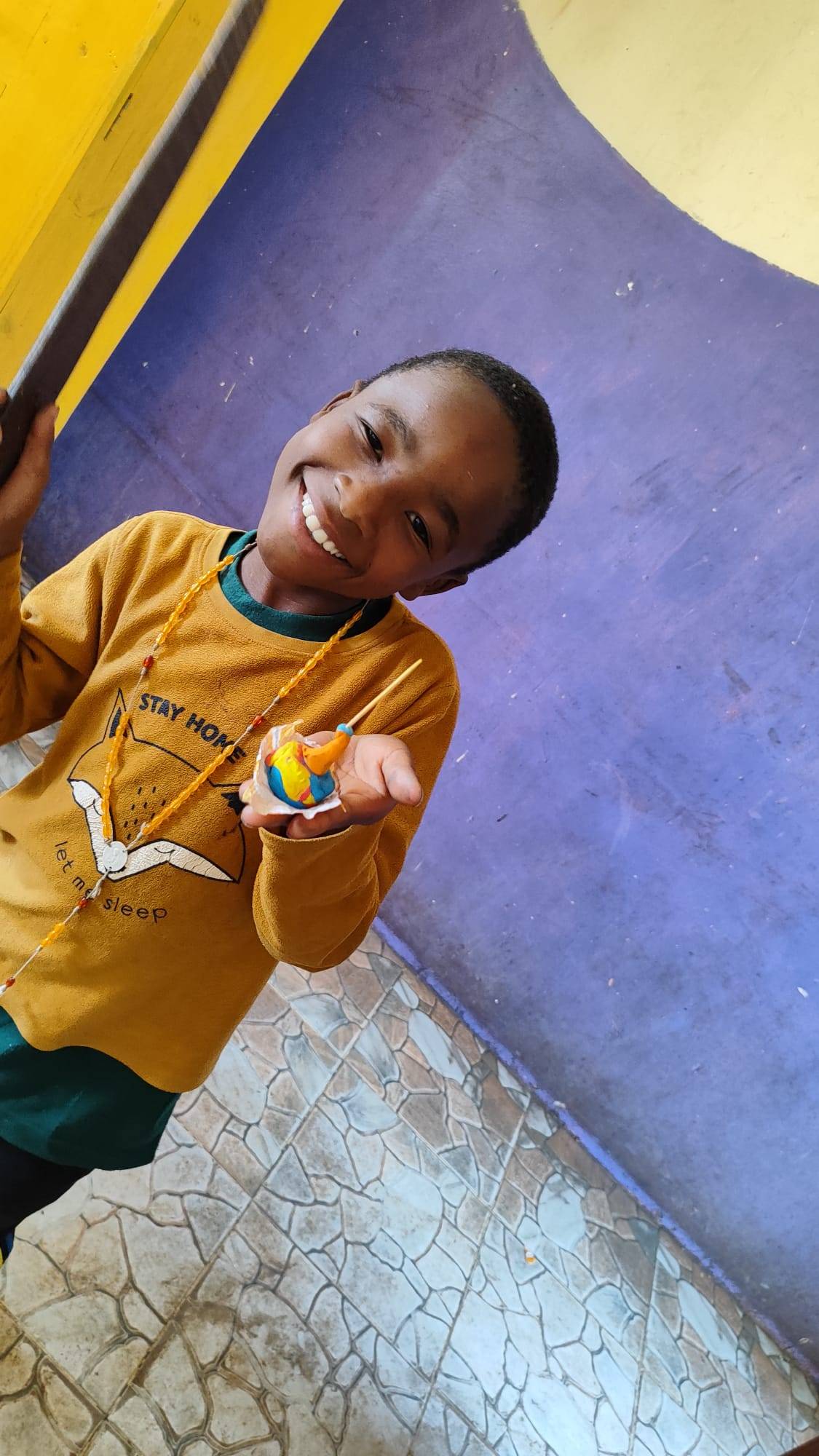
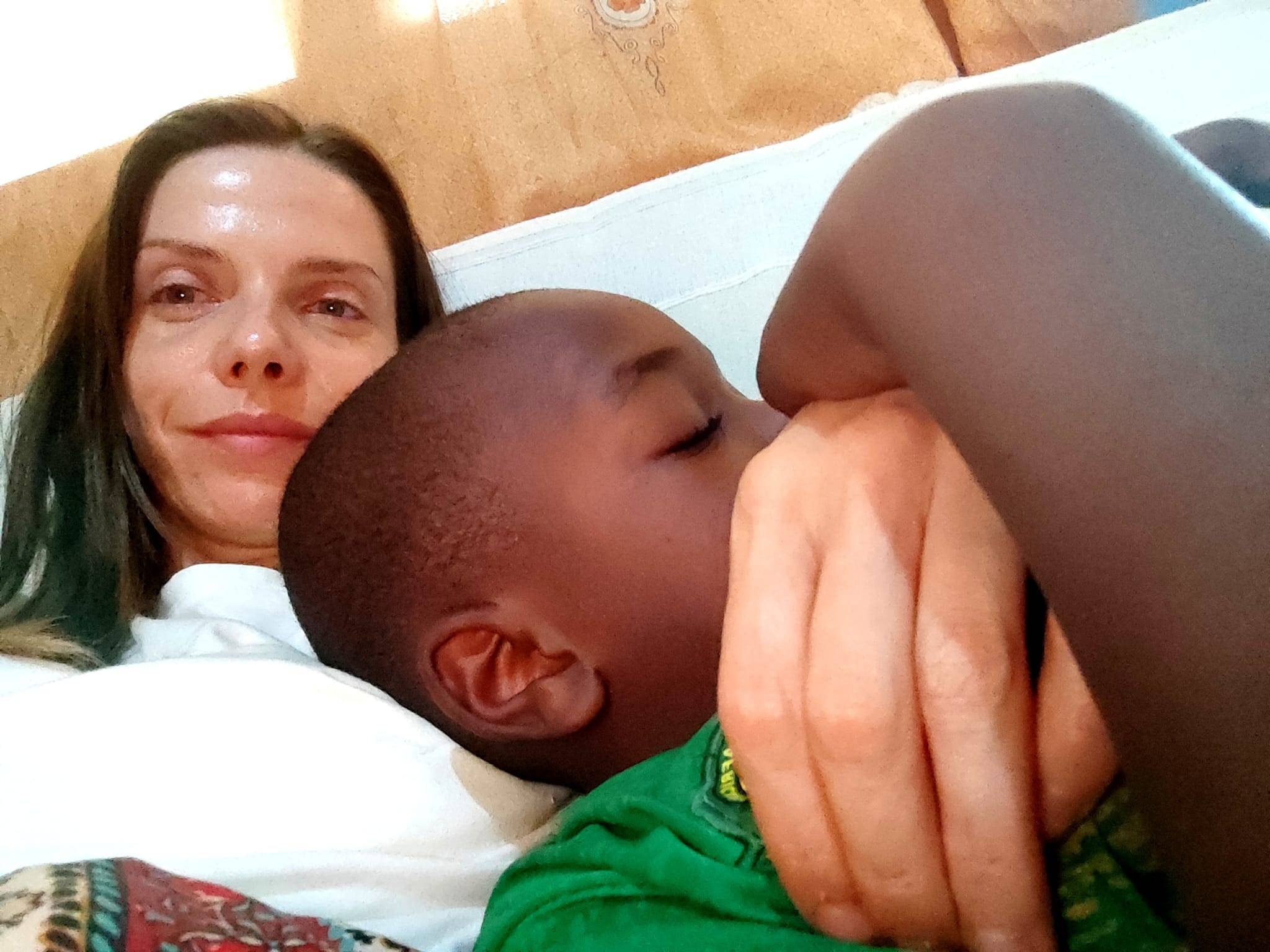
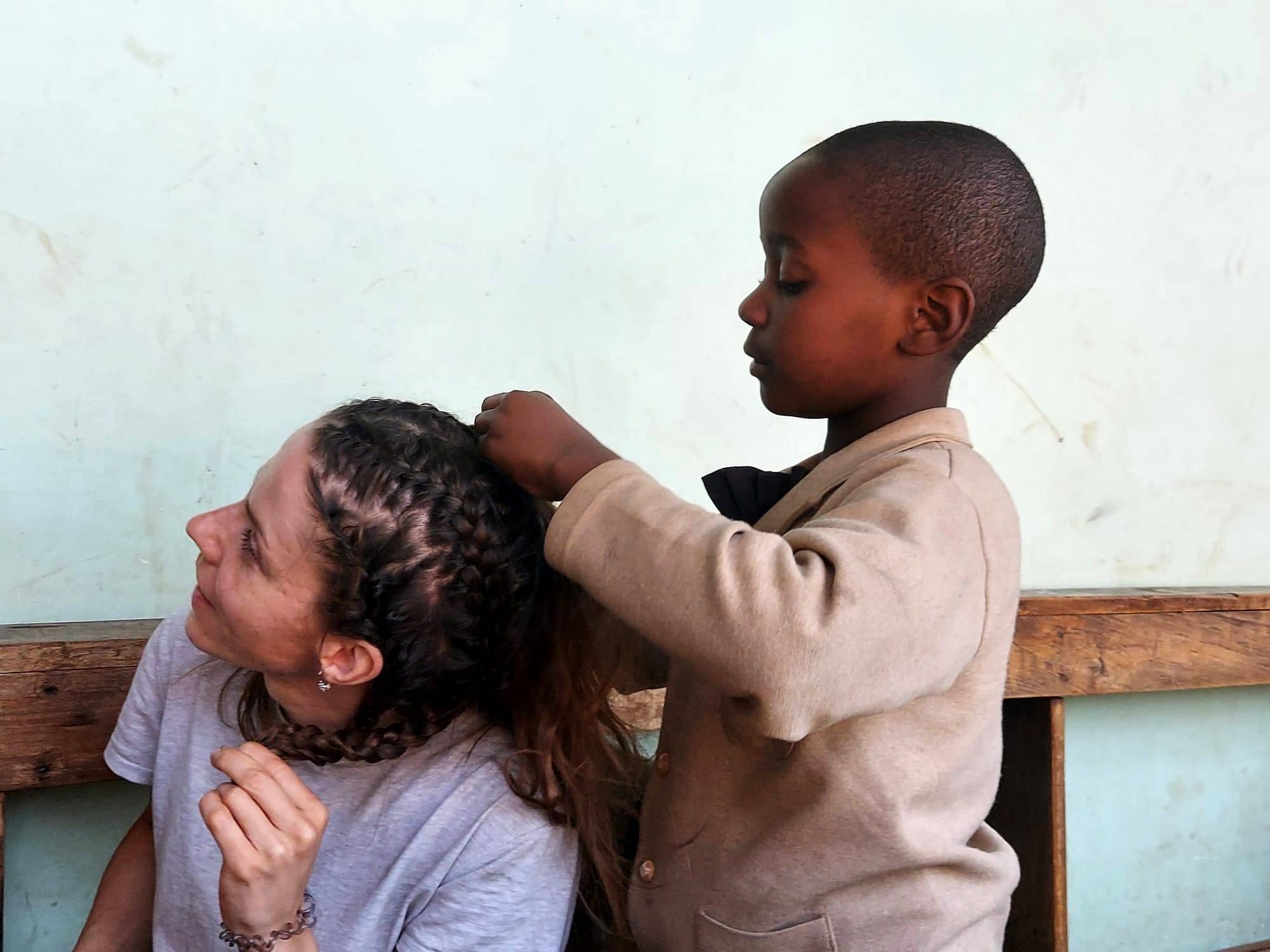
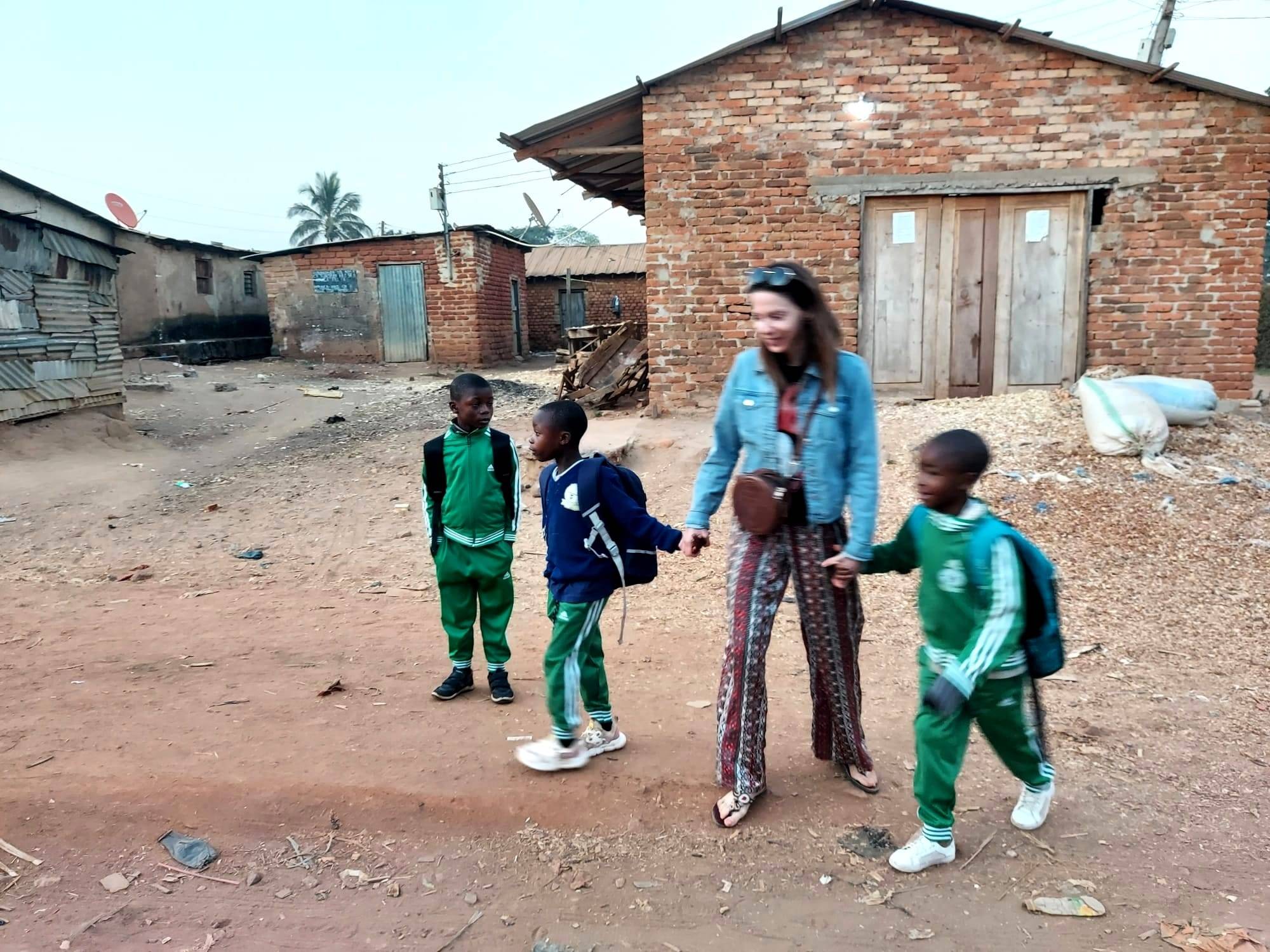
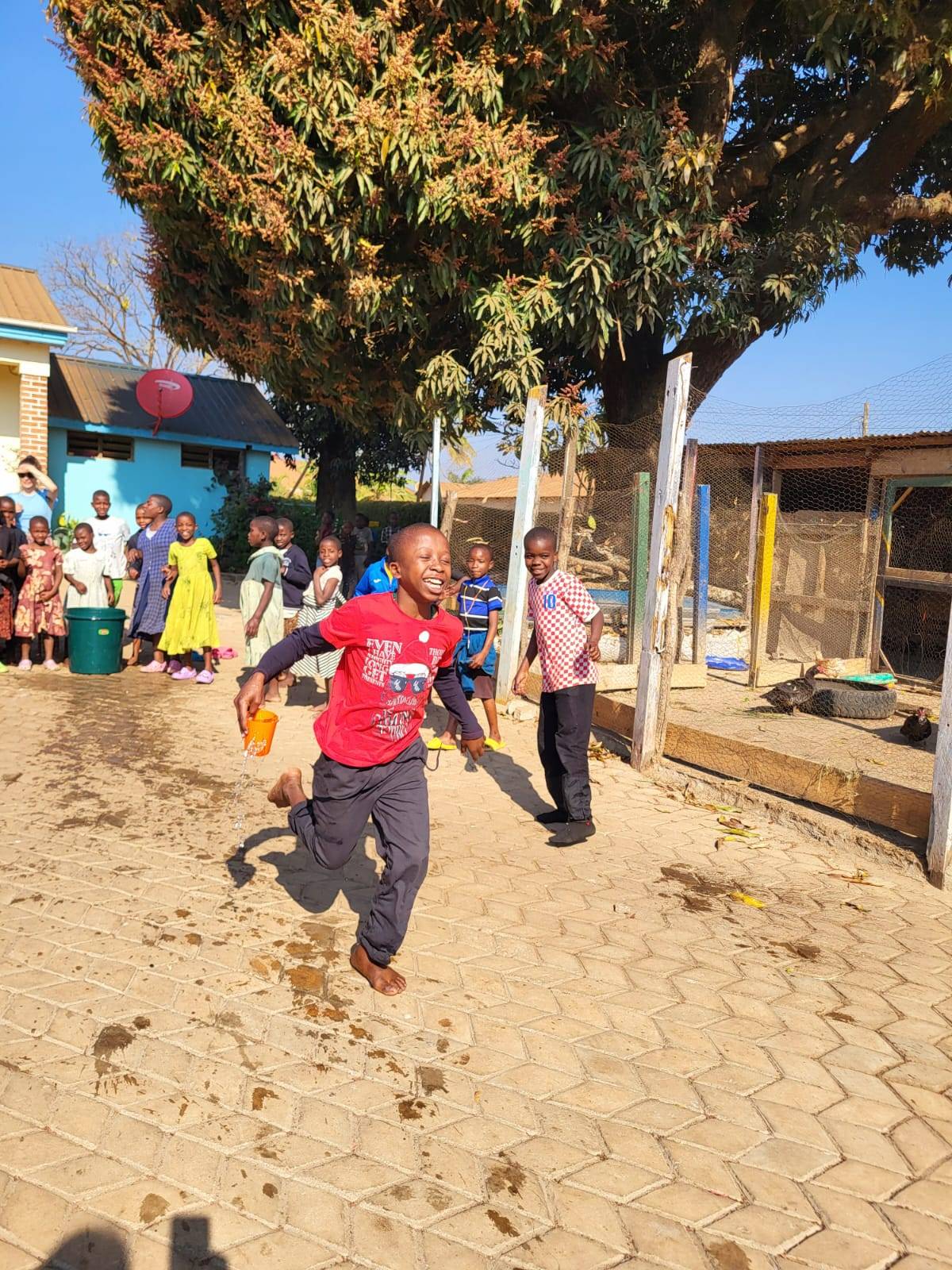
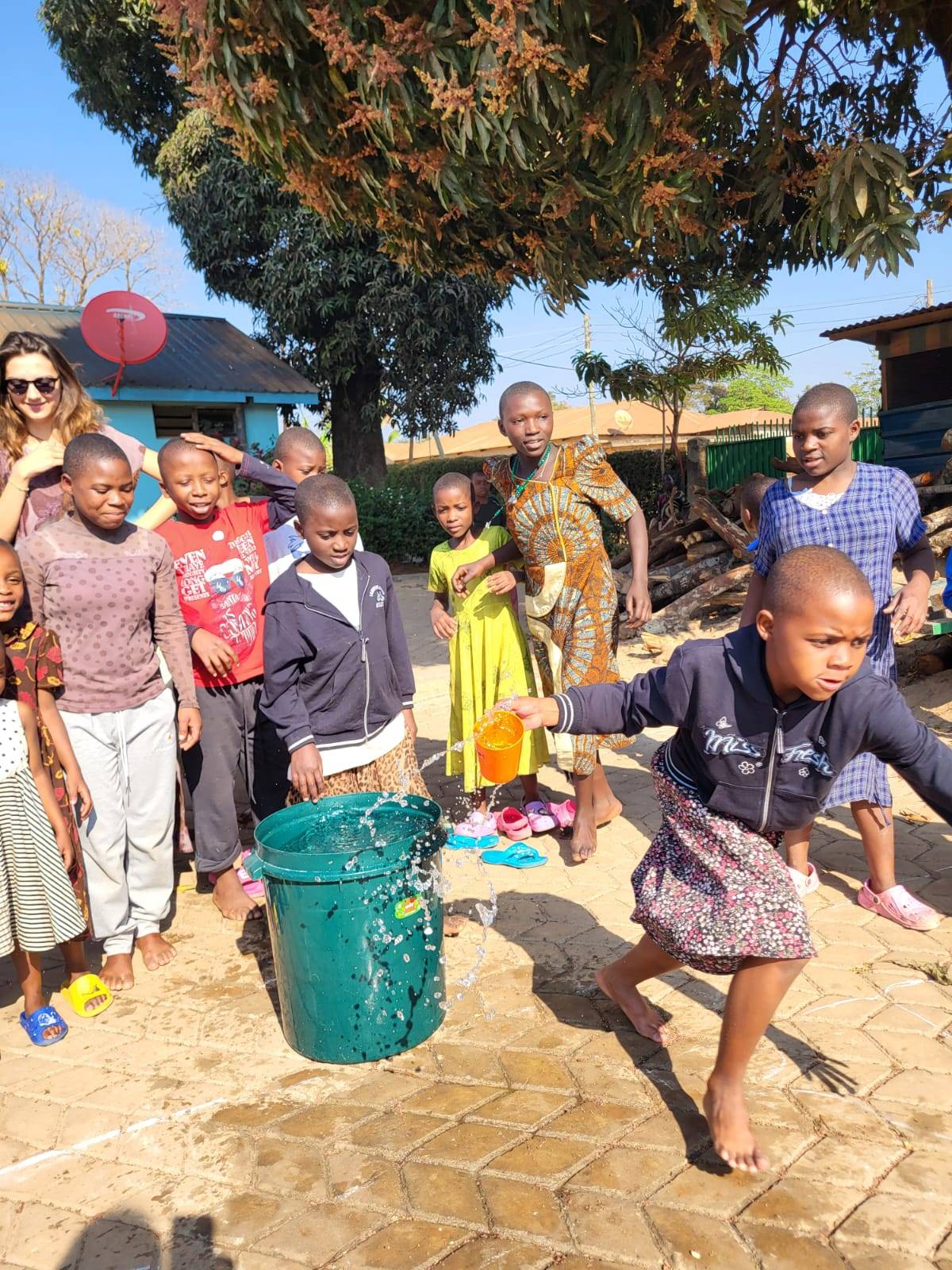
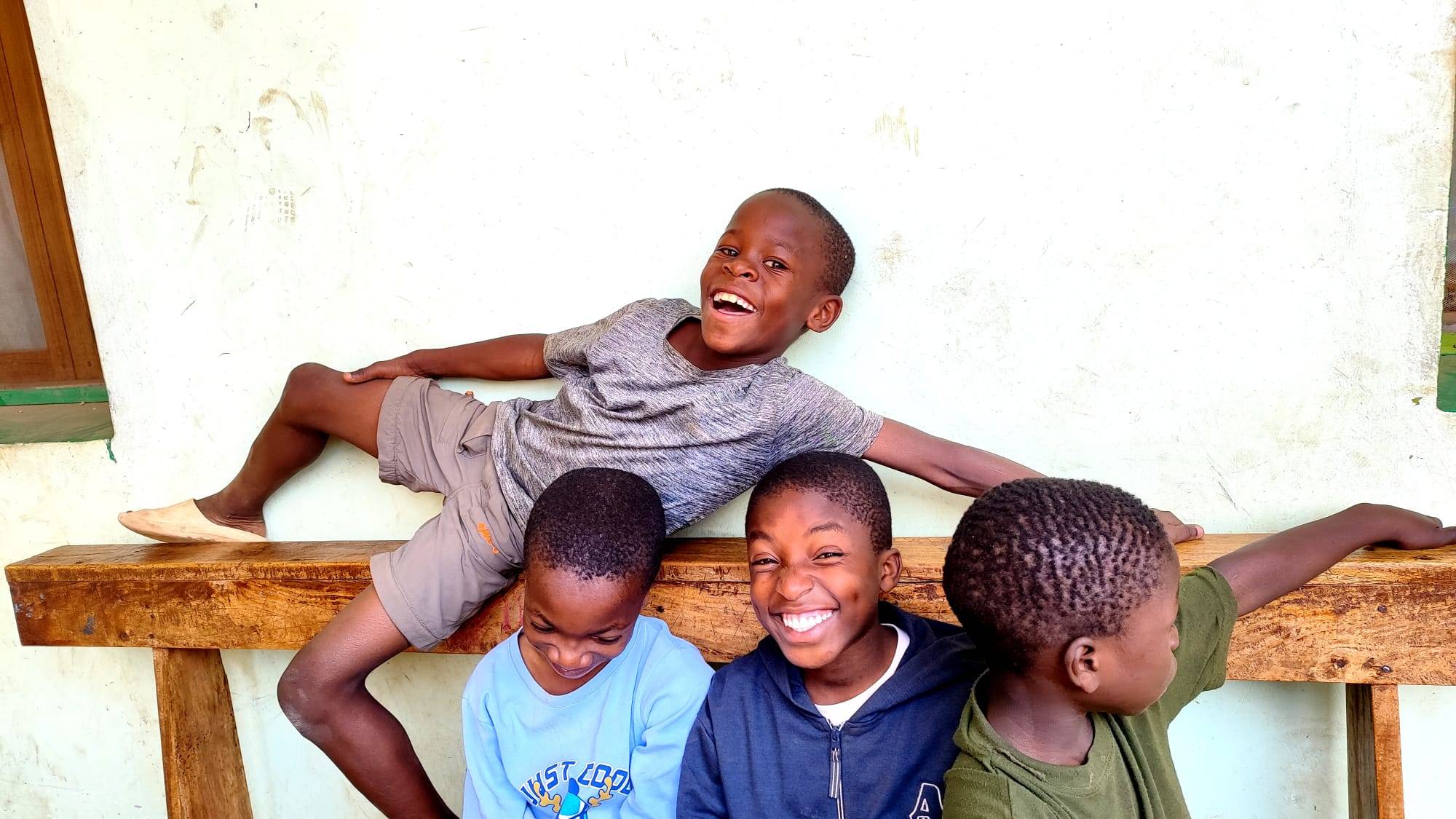
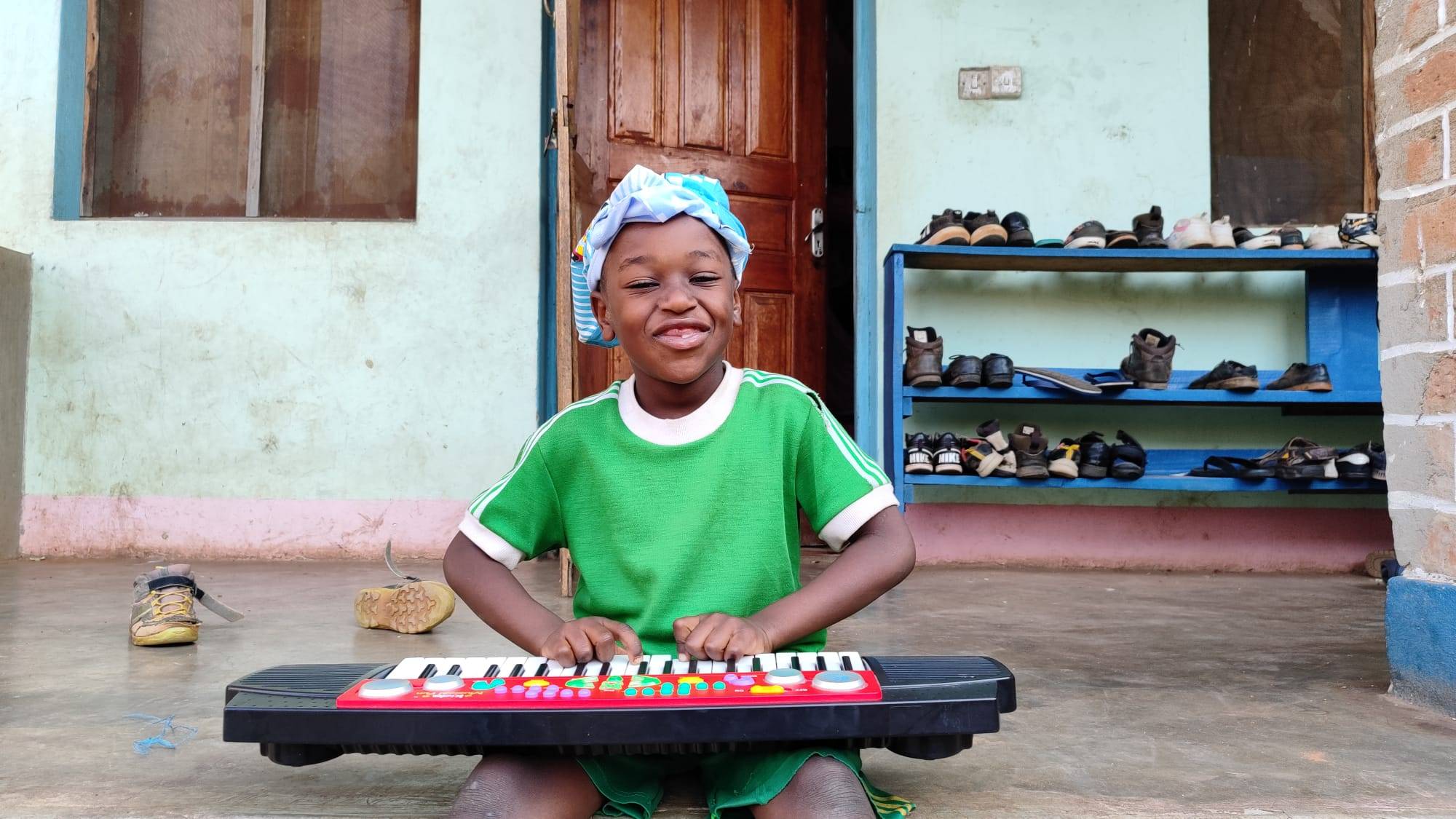
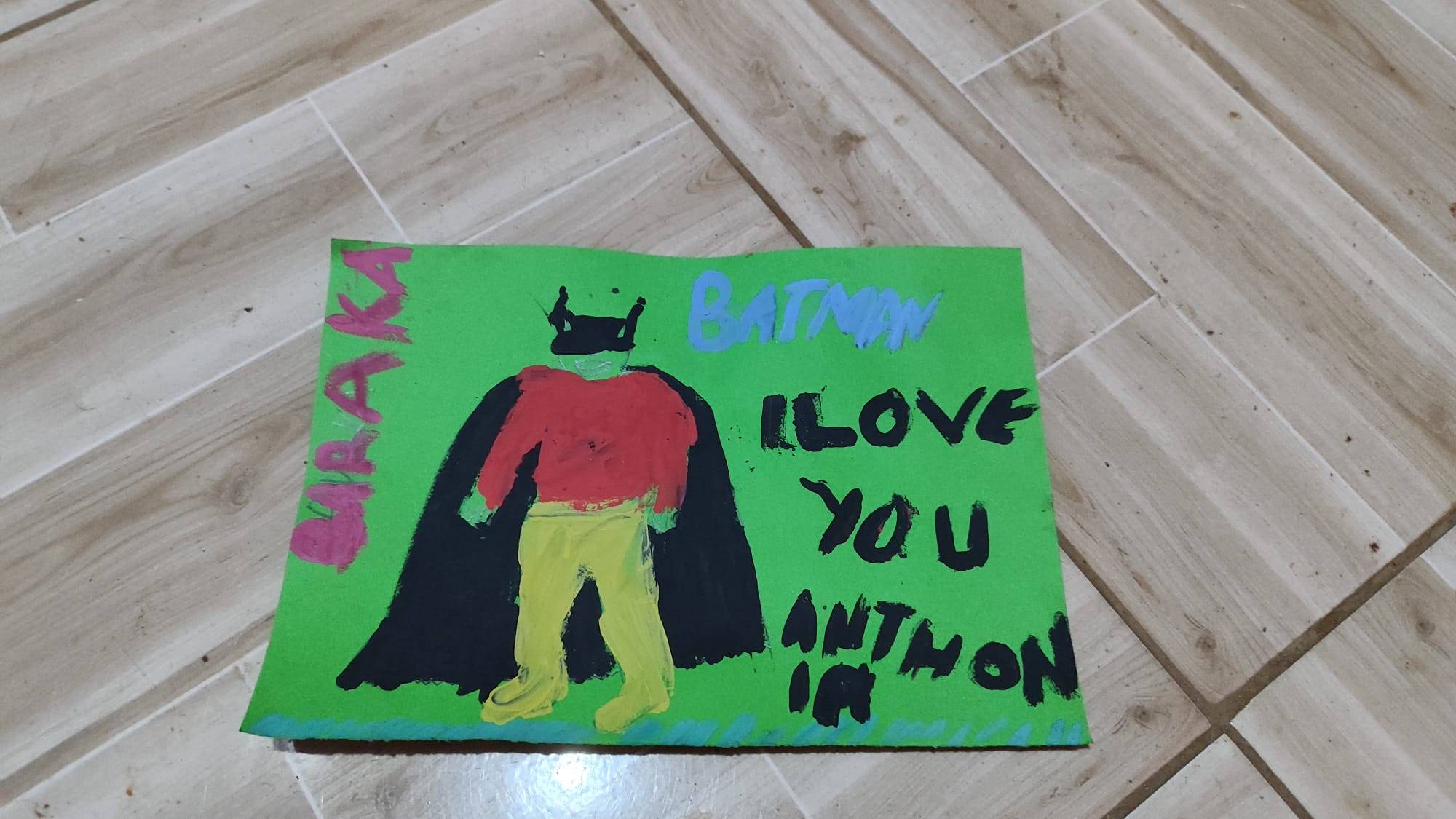
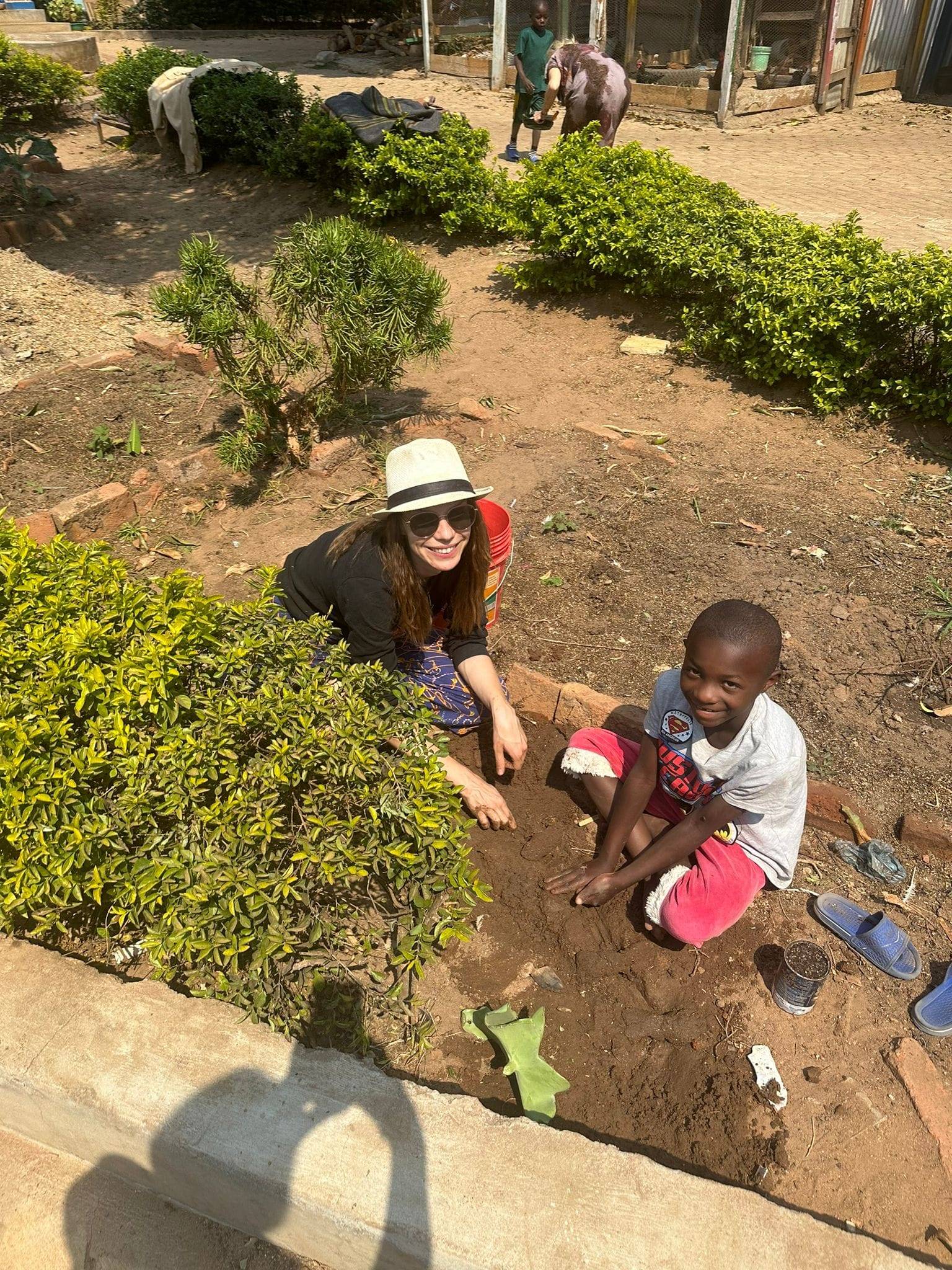
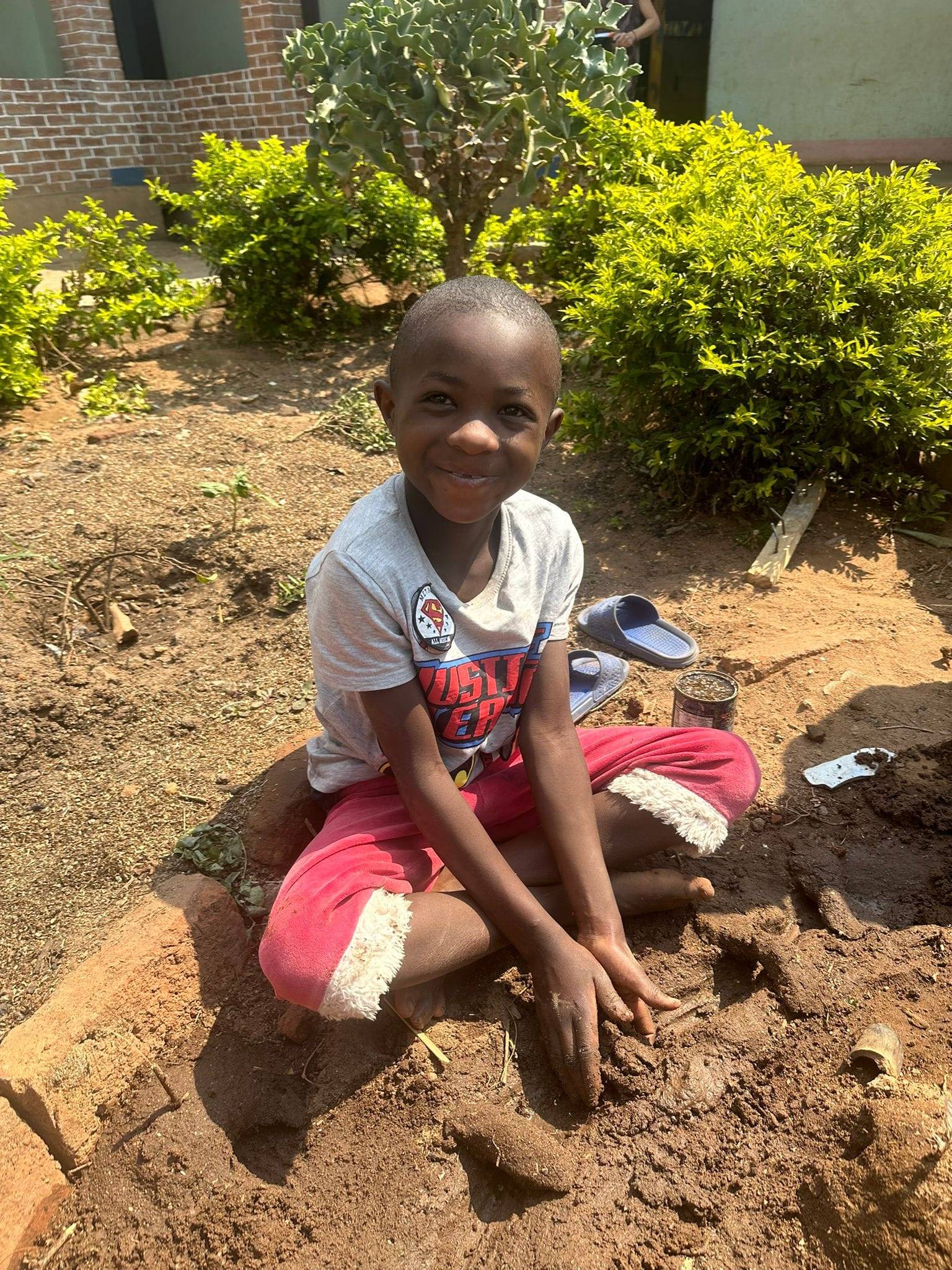
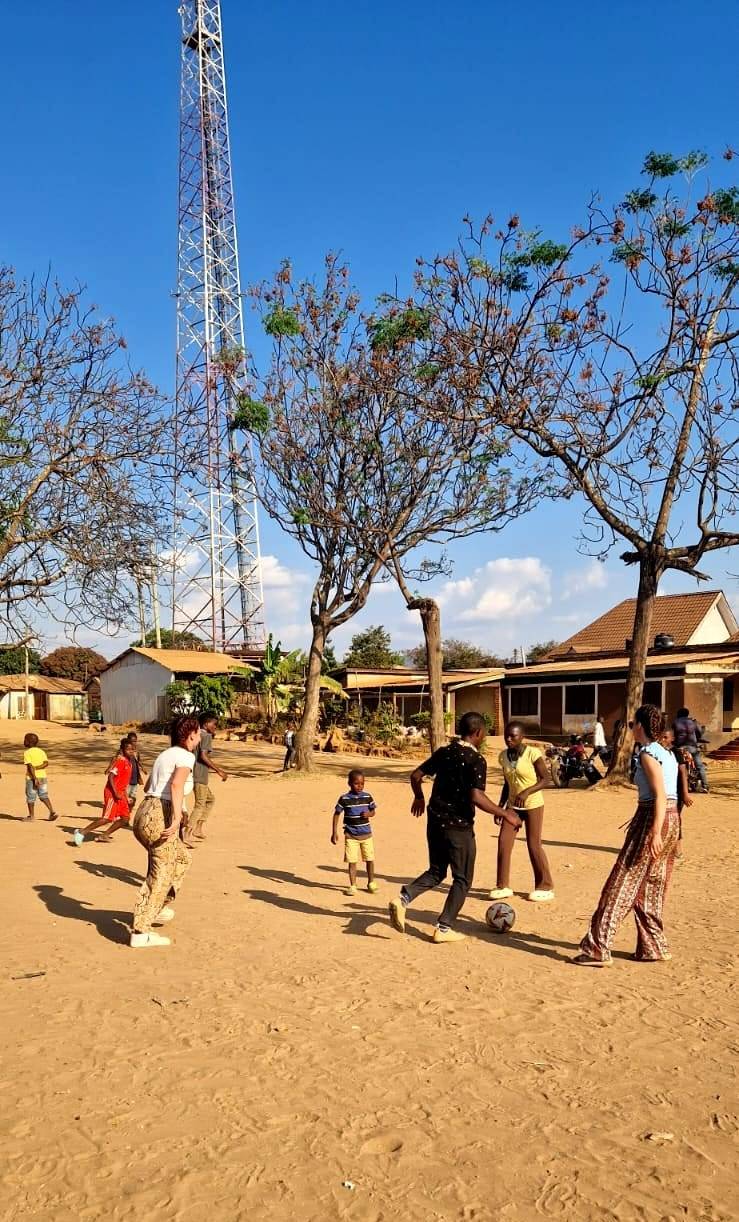
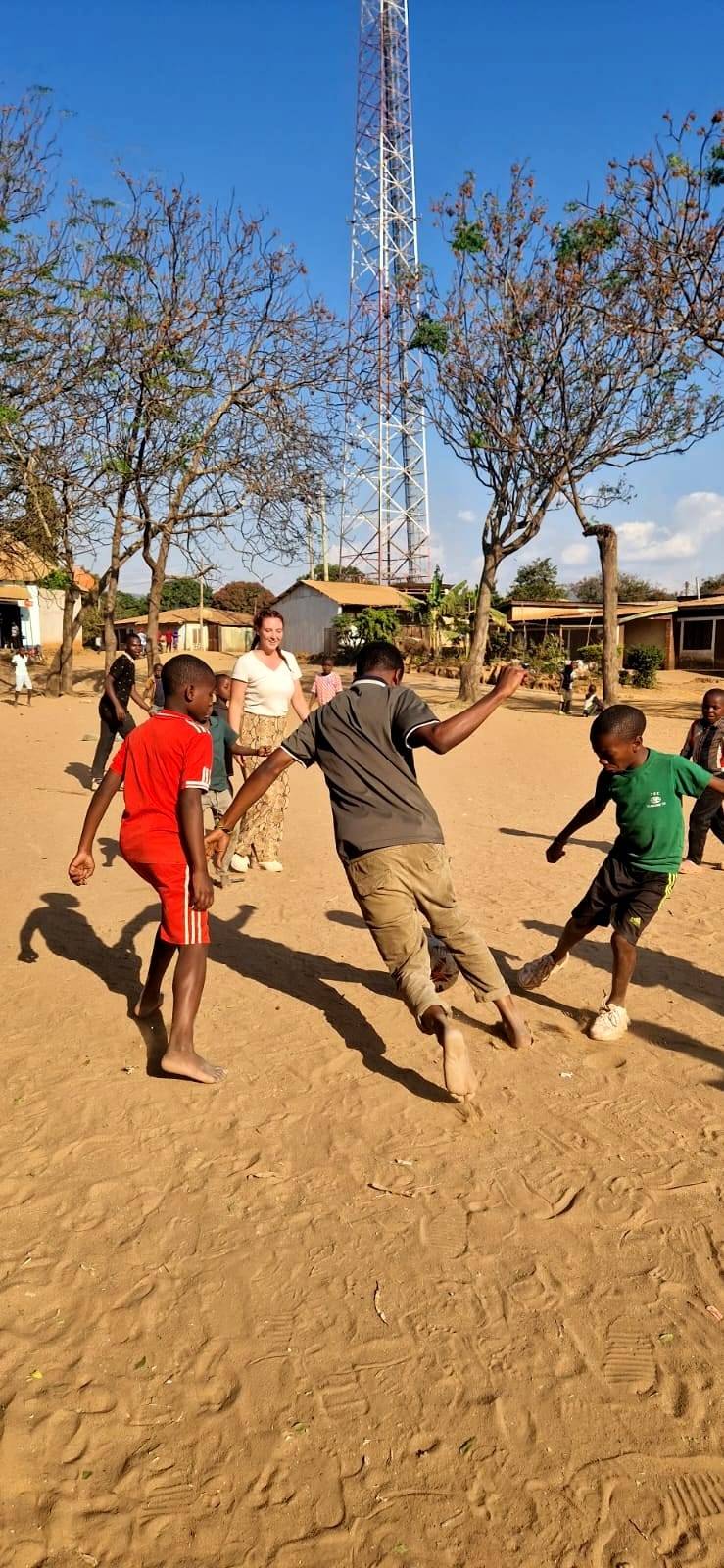
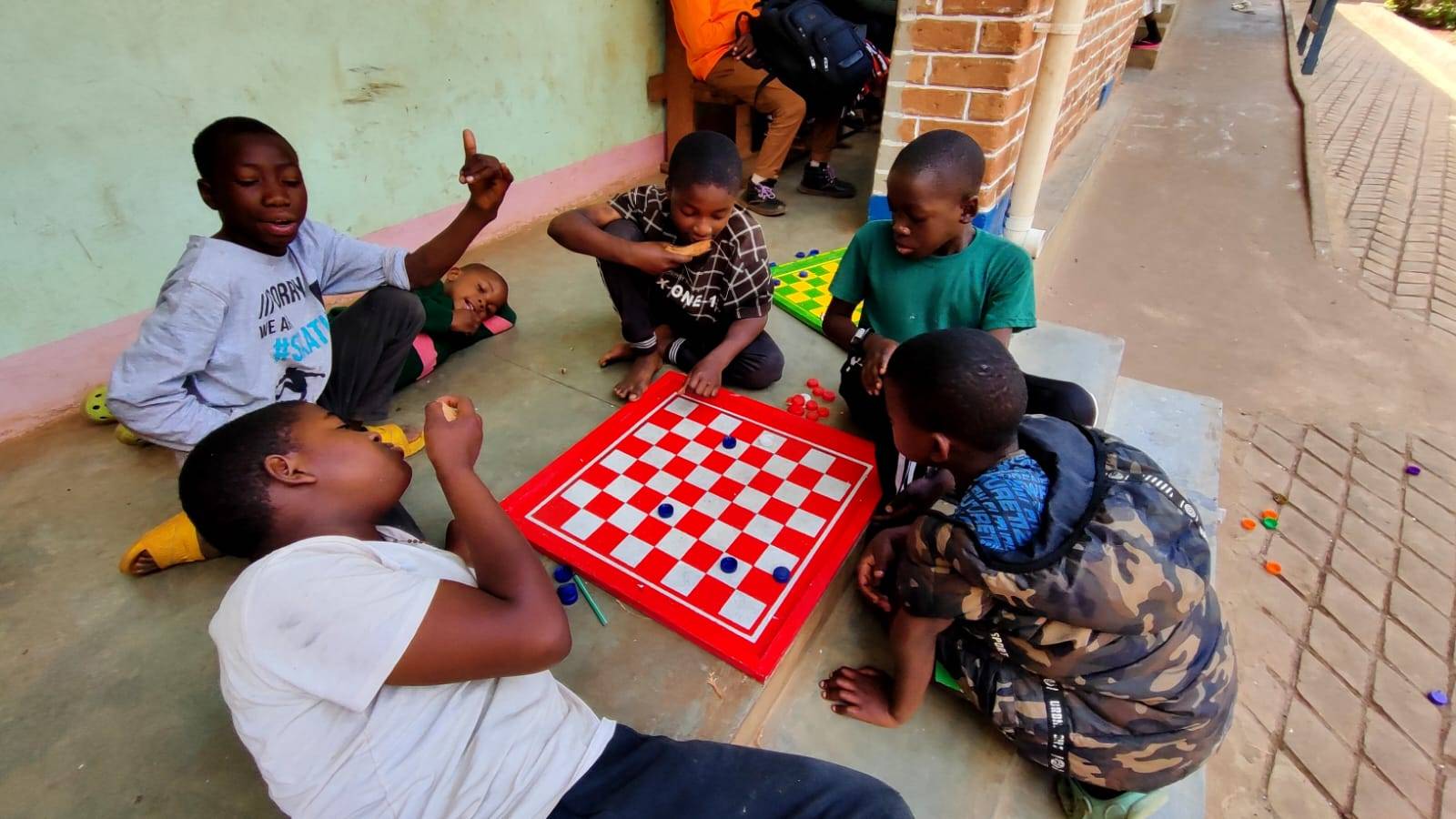
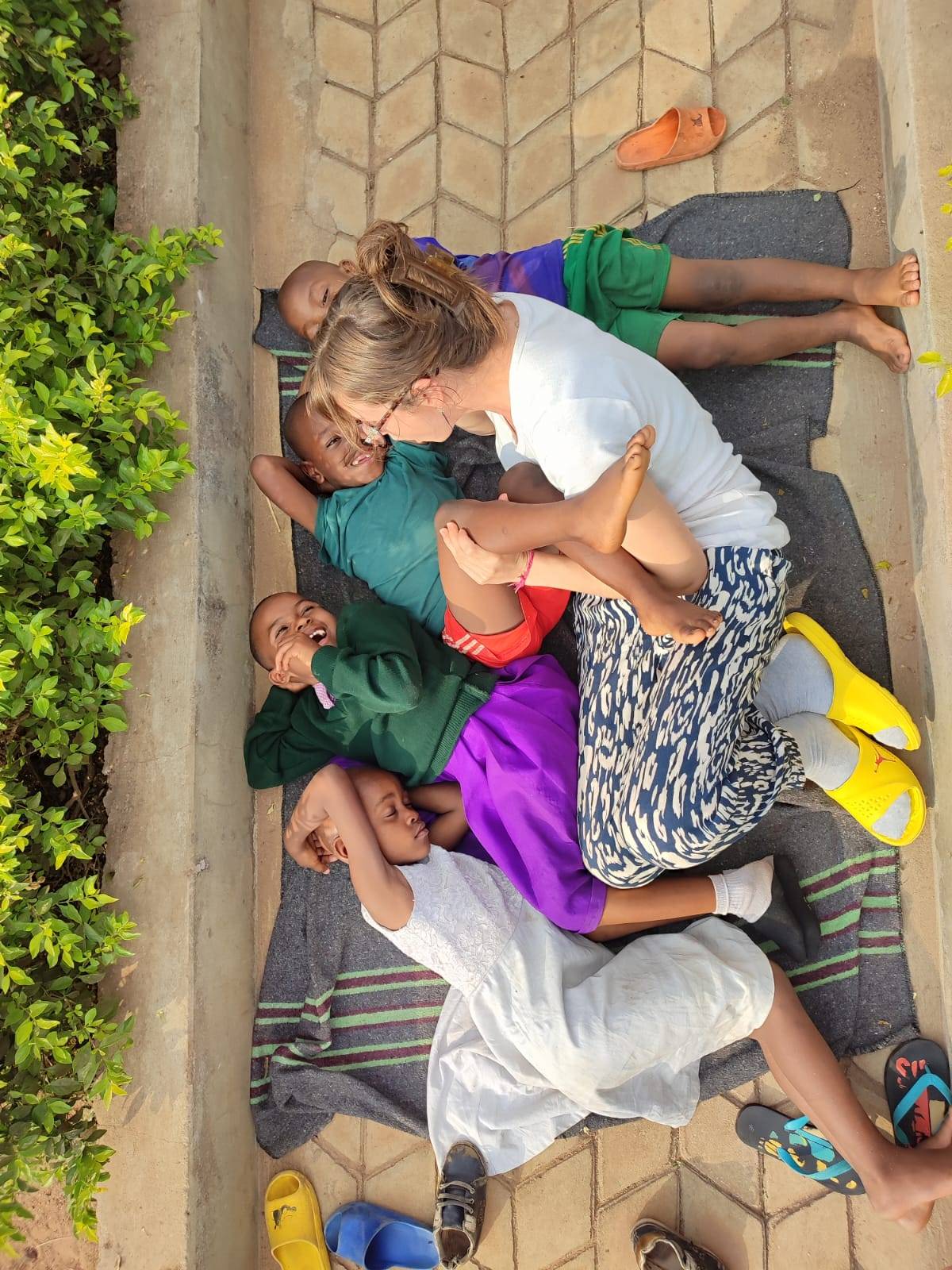

Oct 07, 2024
Volunteering in the orphanage
Ever since high school, I’ve had a strong desire to go to Africa, and a little less than two years ago, I decid...
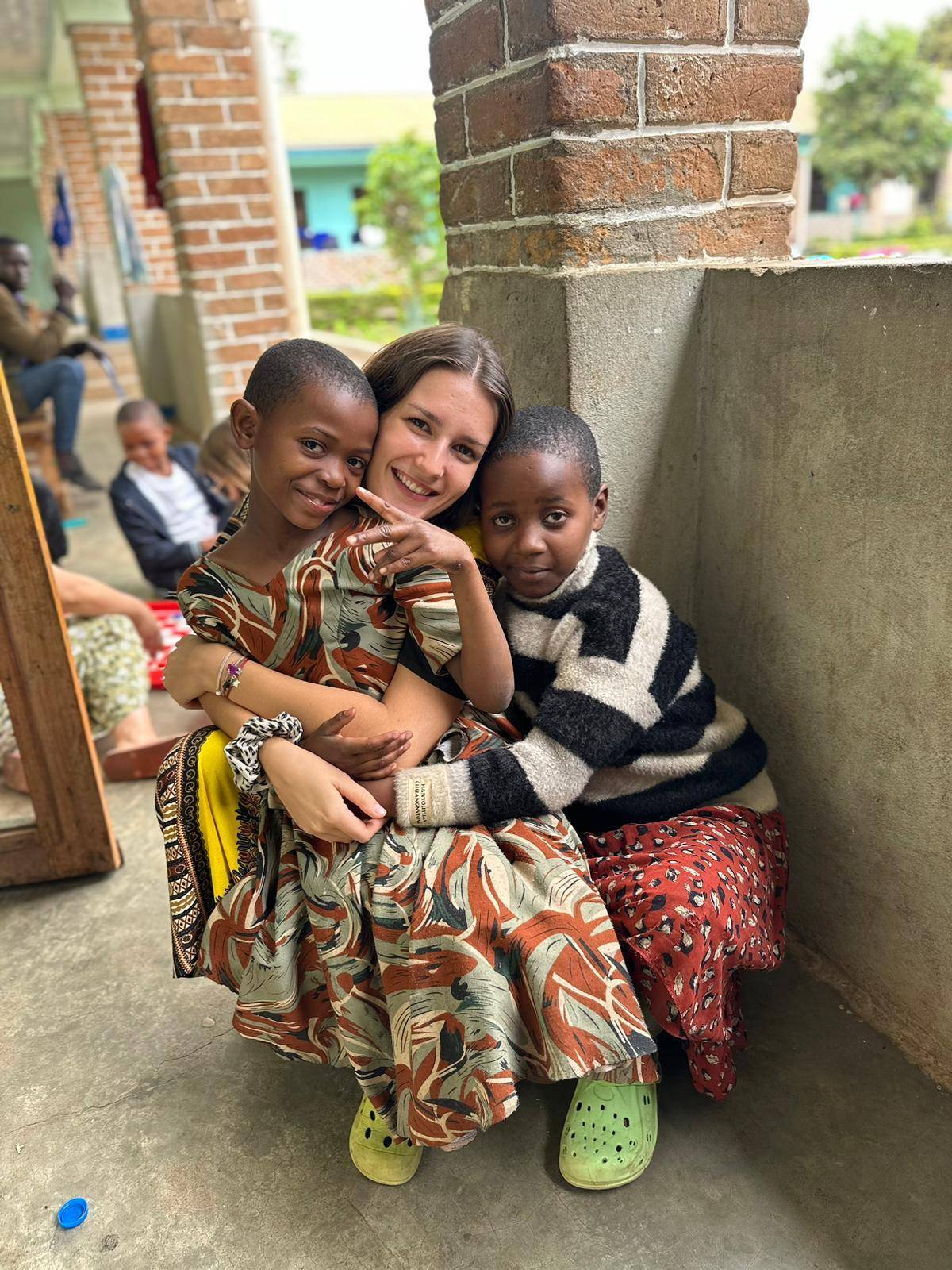

Nov 21, 2024
“Auntie” will forever be my favorite nickname
Ever since the beginning of college, I had a desire to volunteer in Africa. Through researching organizations and lea...
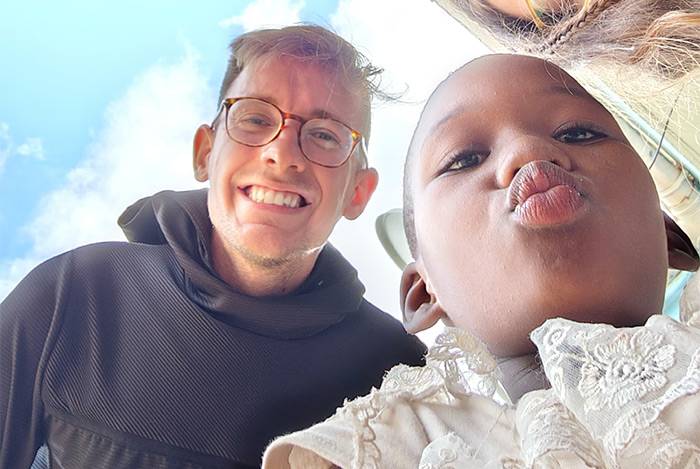

Jul 26, 2025
Where Joy Caught Me Off Guard
By Volunteer Nemanja
In April 2025, I spent two months volunteering at an orphanage in Tanzania,...
